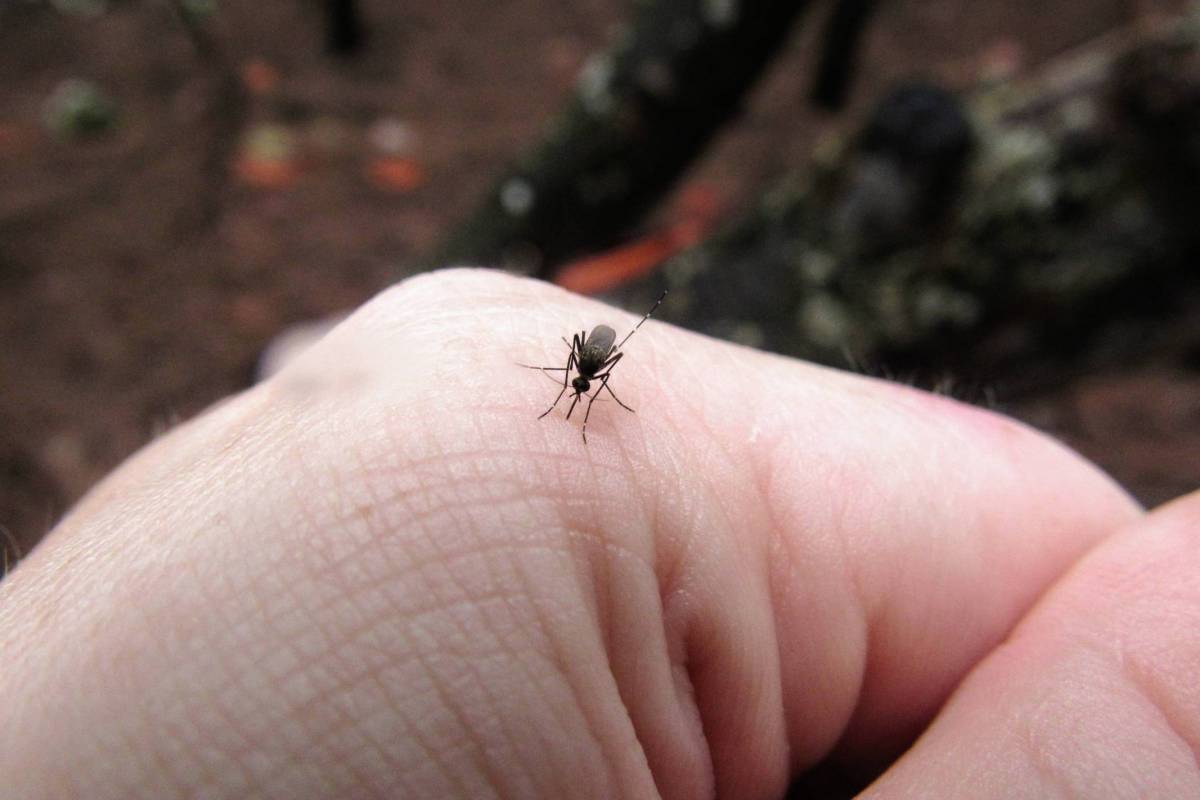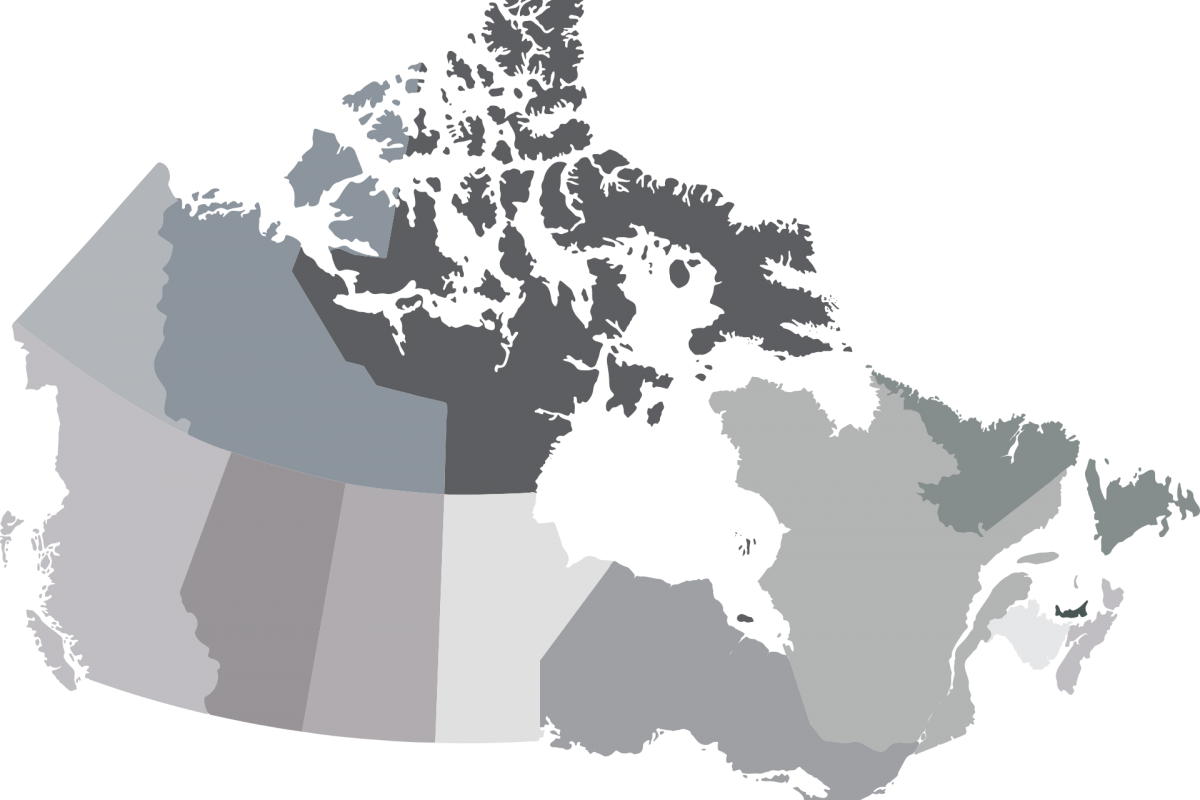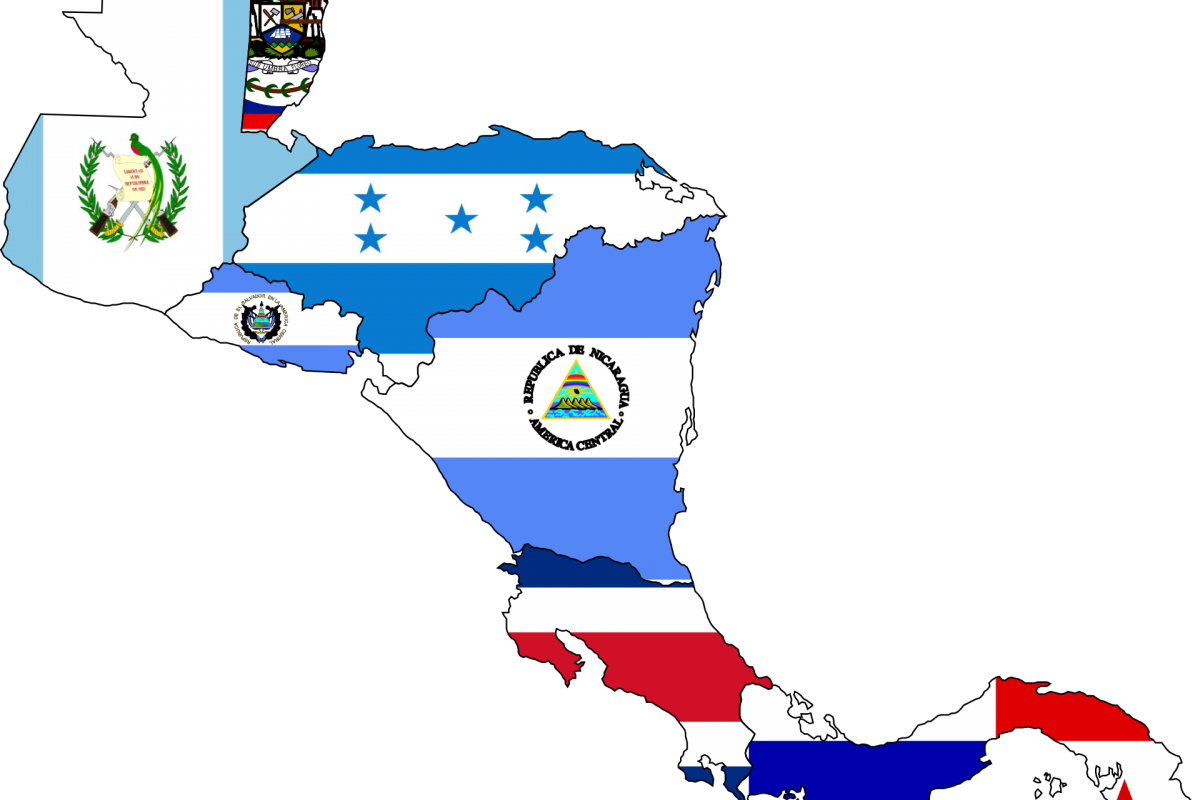Saint-Herblain-based Valneva SE announced on April 12, 2021, that it had completed recruitment for the pivotal Phase 3 clinical trial of its single-shot chikungunya vaccine candidate, VLA1553.
A total of 4,131 adults aged 18 or above have been recruited across 44 sites in the USA for the VLA1553-301 trial, which was launched in September 2020. Participants will be followed for six months in the pivotal trial. If the trial results are positive, the trial is expected to support VLA1553’s licensure.
On April 1, 2021, Valneva also initiated an antibody persistence trial, VLA1553-303, that will follow the immunogenicity subset for a period of five years.
Currently, the U.S. FDA has not approved a Chikungunya vaccine. And, as of September 2020, there were more than 3 million reported cases in the Americas.
VLA1553 is a live-attenuated, single-dose vaccine candidate for protection against chikungunya disease. It has been designed by deleting a part of the chikungunya virus genome. To Valneva’s knowledge, VLA1553 is the only chikungunya vaccine candidate in Phase 3 clinical trials, and the Company believes that it is differentiated from other clinical-stage chikungunya vaccine candidates since VLA1553 is the only candidate that targets long-term protection with a single administration.
Juan Carlos Jaramillo, M.D., Chief Medical Officer of Valneva, commented in a press release, “We are extremely pleased to have reached this important milestone despite the ongoing COVID-19 pandemic affecting many people worldwide and creating challenges for recruitment into clinical trials. Chikungunya virus is a major, growing public health threat, and we are looking forward to our top-line data in mid-2021. We want to thank everyone involved, and we could not have achieved this important milestone without hard work and dedication”.
Chikungunya is a mosquito-borne viral disease caused by the chikungunya virus (CHIKV), transmitted by Aedes mosquitoes, says the U.S. CDC. An infection leads to symptomatic disease in 72-92% of humans after 4 to 7 days following the mosquito bite.
To make VLA1553 more accessible to Low and Middle-Income Countries (LMIC), Valneva and Instituto Butantan in Brazil signed an agreement for the development, manufacturing, and marketing of VLA1553.
Valneva SE is a specialty vaccine company focused on developing and commercializing prophylactic vaccines for infectious diseases with significant unmet medical need.










